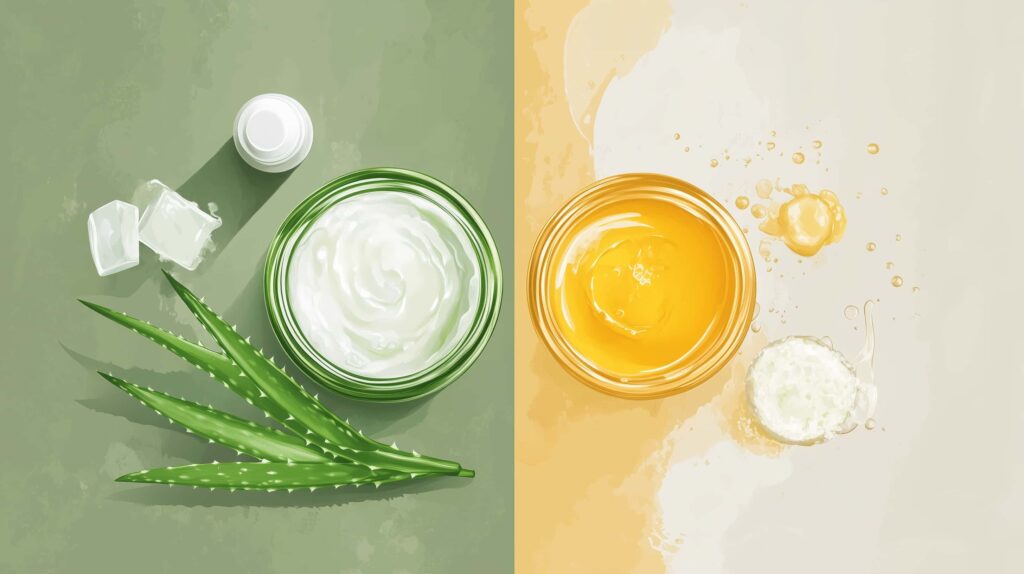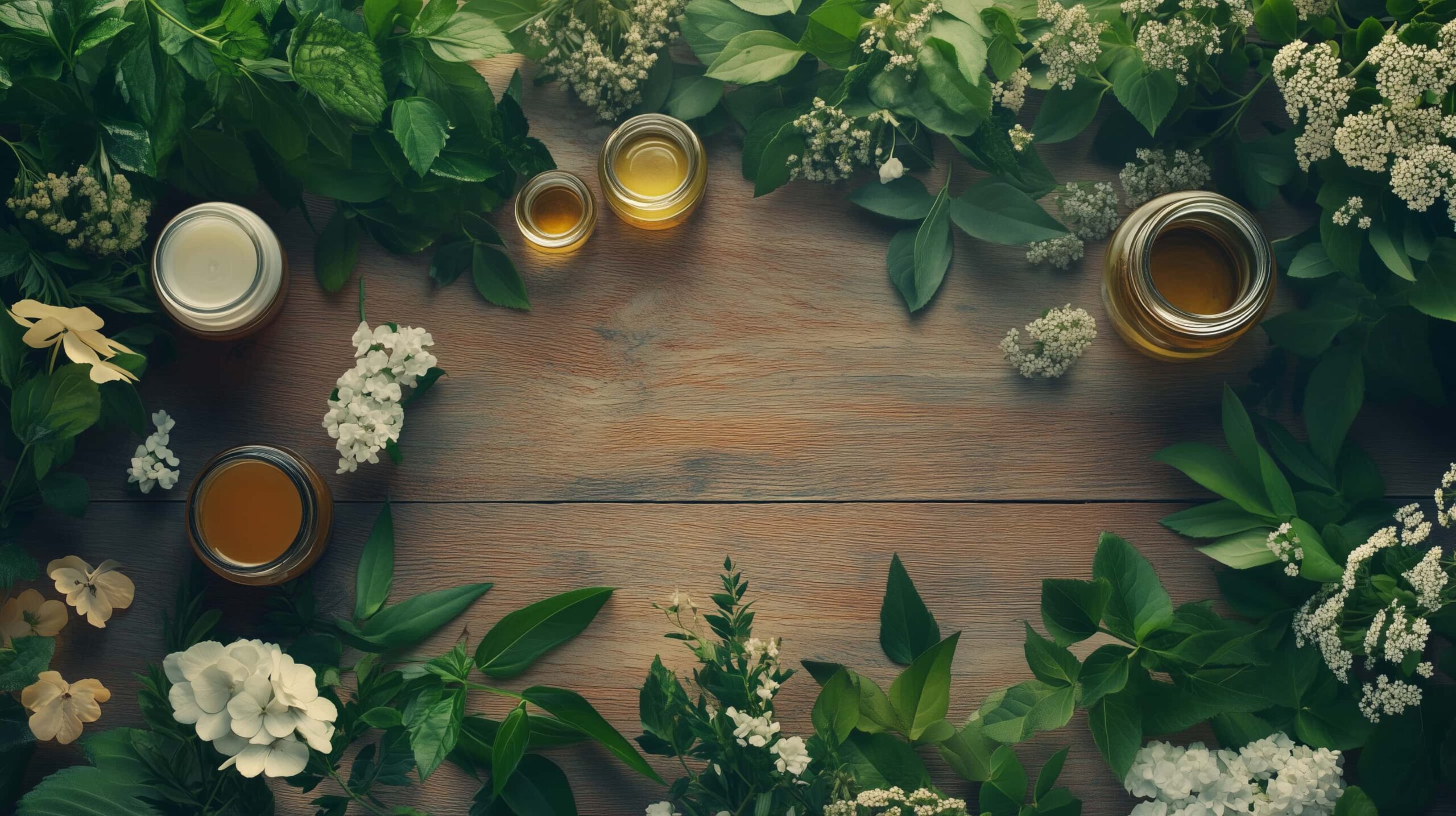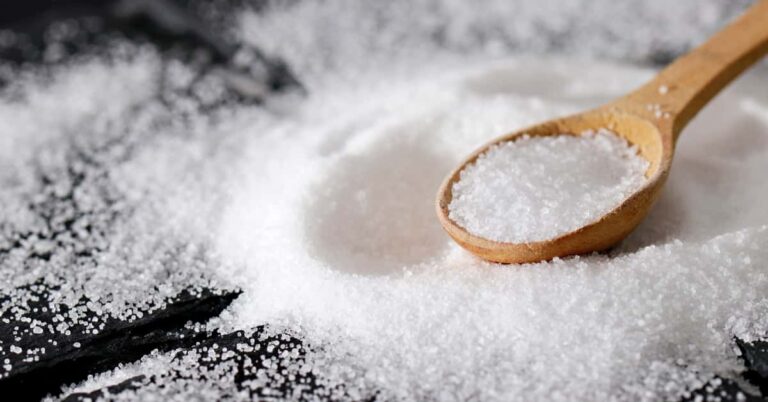Shocking Myths About Natural Products Expiring!
Ever used a ‘natural’ product thinking it never expires? Think again! Many people turn to natural skincare and haircare products with the belief that they’re safer and more sustainable. This belief often extends to thinking that, unlike their synthetic counterparts, these natural products never expire. However, this assumption is not only incorrect but can also be harmful.
Why do some think natural products last forever? The misconception likely stems from the idea that natural ingredients, being from nature, are inherently stable and free from the degradation that affects man-made chemicals. Unfortunately, this isn’t true. Natural products can expire and when they do, they may not be effective and could even become harmful. Using expired products can lead to skin irritations, infections, and other adverse reactions due to bacterial growth and chemical changes in the product.
This article aims to debunk the myths surrounding the longevity of natural skincare and haircare products. Through a careful examination of eight common myths, we will provide science-backed explanations to show why these beliefs are not only misguided but potentially risky. From the degradation of natural oils to the unseen dangers of bacterial growth in preservative-free products, we’ll delve into why it’s essential to treat natural products with the same caution as any other.
Understanding the true shelf life of natural products and learning how to properly store them can significantly mitigate these risks. By the end of this exploration, readers will be equipped with the knowledge to make safer, more informed decisions regarding their natural skincare and haircare routines.

Natural Products Don’t Expire
The belief that natural products don’t expire is rooted in the misconception that the absence of synthetic preservatives means these products remain stable and safe indefinitely. The ‘organic’ and ‘all-natural’ labels often reinforce this notion, giving the impression that these products are immune to the degradation processes that affect other products.
However, the truth is that all natural ingredients are subject to decay over time. Oils can oxidize, plant-based ingredients can break down, and without preservatives, the entire formula becomes a breeding ground for microbial growth. This deterioration is a natural process that affects all organic matter, regardless of whether it’s been processed or remains in its natural state.
Science provides a clear explanation for why natural products expire. The breakdown of oils, oxidation, and microbial growth are all natural processes accelerated by exposure to air, light, and heat. These factors contribute to the degradation of natural products, making them not only less effective but also potentially harmful.
To check if a natural product has expired, one should look for signs of spoilage such as an off smell, changes in texture, or separation of the formula. These are clear indicators that the product is no longer in its optimal state and should not be used.
Homemade Skincare Lasts Forever
Believing that homemade skincare products last forever is dangerous because it overlooks the critical role of preservatives in product safety. Homemade concoctions typically lack the sophisticated preservation systems found in commercial products, resulting in a much shorter shelf life.
The lack of preservatives in DIY skincare means these products are particularly susceptible to bacteria and mold growth. The science behind this is straightforward: whenever a product contains water, it becomes a potential breeding ground for microorganisms. Without preservatives to inhibit their growth, these bacteria can multiply, turning a seemingly harmless cream or lotion into a skin irritant or worse.
To extend the shelf life of homemade skincare products, they should be stored with care. Refrigeration can slow down bacterial growth, while keeping products in airtight containers can reduce their exposure to air and bacteria. Additionally, marking products with an expiry date can help ensure they’re used while still safe.
Natural Oils Never Go Rancid
There is a common belief that natural oils are immune to expiration and can never go rancid. This is a myth. Just like any organic substance, natural oils are vulnerable to oxidation, which can lead to them becoming rancid over time. This process not only alters the smell of the oil but can also reduce its effectiveness and lead to potential skin irritation.
To tell if an oil has expired, one should look for changes in its color, consistency, or smell. A rancid oil may have a foul odor, appear thicker, or change color, indicating that it is no longer suitable for use. These changes are signs of oxidation and degradation, which compromise the oil’s quality and safety.
To preserve the lifespan of natural oils, it’s best to store them in dark glass bottles to protect them from light, keep them in a cool place to slow down oxidation, and consider adding vitamin E as an antioxidant. These practices can significantly extend the shelf life of natural oils, ensuring they remain safe and effective for use.
If It Looks Fine, It’s Safe to Use
Relying solely on appearance to determine the safety of natural products is a mistake. Expired natural products may not always show visible signs of spoilage but can still harbor unseen bacteria or mold. These hidden dangers pose significant risks, particularly in products like aloe vera gel, serums, face masks, and herbal shampoos, which are prone to contamination.
Assessing the freshness of a product requires more than a visual inspection. The smell, consistency, and separation of the product can provide clues to its condition. For instance, a change in scent or texture may indicate bacterial growth, while separation in the formula suggests that it has begun to break down. Additionally, using pH strips can help determine if the product’s acidity has changed, which can also signal spoilage.
Essential Oils Last Forever
Many believe that essential oils, due to their natural origins, do not expire. However, this is a misconception. Essential oils degrade over time, oxidize, and lose their potency, which can diminish their therapeutic benefits. Especially when exposed to light, air, and heat, their chemical composition changes, making them less effective.
Using expired essential oils can lead to skin irritation or even allergic reactions for some individuals. Their reduced effectiveness means that the desired outcomes, whether for skin care, aromatherapy, or health benefits, are not achieved, potentially leading to disappointment and wasted resources.
Extending the shelf life of essential oils is possible with proper storage. Keeping them in dark, glass bottles and in cool, dark places can significantly slow down the oxidation process. Additionally, diluting oils with a carrier oil before use can also help preserve their integrity for longer periods.
It’s crucial to remember that, like any other product, essential oils are best used within their optimal time frame to ensure safety and effectiveness. Ignoring expiration dates and signs of aging in essential oils can lead to unintended consequences for the user.
Natural Hair Products Are Always Safe
Assuming that natural hair products are perpetually safe disregards the reality that expired items can harbor harmful bacteria leading to scalp infections. Over time, natural hair oils, shampoos, and conditioners lose their effectiveness and can become a breeding ground for microbes.
Expired hair care products can negatively affect hair health, leading to increased hair fall, dandruff, and an itchy scalp. These symptoms can exacerbate existing scalp conditions or trigger new issues, impacting overall hair appearance and health.
To avoid such problems, it’s important to pay attention to the PAO (Period After Opening) symbol on hair care products and ensure they are stored properly to prevent contamination. This includes keeping lids tightly closed and storing products in a cool, dry place away from direct sunlight.
Furthermore, adopting habits such as using clean applicators and not sharing personal hair care items can also help maintain the integrity of the products, ensuring they remain safe to use throughout their intended lifespan.
Preservative-Free Means Healthier
While the appeal of preservative-free products is understandable, it overlooks the essential role preservatives play in preventing harmful microbial growth. Without preservatives, natural products can quickly become unsafe, hosting a variety of microbes that can cause skin irritations or infections.
Finding a balance is key. Consumers can look for products that use safe, skin-friendly preservatives to enjoy the benefits of natural skincare without the risks associated with microbial contamination. This approach ensures products are both effective and safe over time.
Some of the best alternatives include natural preservatives like rosemary extract and citric acid, which offer protection against microbes while being gentle on the skin. These ingredients help extend the shelf life of skincare products without compromising health or environmental integrity.
Understanding the necessity of preservatives in skincare products helps consumers make informed choices, ensuring they can enjoy the benefits of natural products safely and responsibly.
Store-Bought Natural Products Last as Long as Synthetic Ones
Comparing the shelf life of natural versus synthetic skincare products reveals significant differences. Natural products often lack the strong preservatives found in synthetic ones, leading to shorter shelf lives. Reading labels for product shelf life and PAO (Period After Opening) symbols is crucial for understanding how long products can be safely used. To extend the life of natural skincare products, practices such as refrigeration and avoiding exposure to moisture can be beneficial, ensuring the products remain effective and safe for use.
How to Properly Store Natural Skincare and Haircare Products
Storing natural skincare and haircare products correctly is vital to maintain their efficacy and safety. Keeping products in dark, cool places helps protect their active ingredients from degradation caused by light and heat. This simple step can significantly extend the usability of these products.
To avoid contamination, which can accelerate the degradation of natural products, using clean applicators instead of dipping fingers into jars is advisable. This practice helps maintain the purity of the product, ensuring it remains safe for use throughout its intended shelf life.
Recognising when to dispose of a product is as important as proper storage. Expiry dates provide a guideline, but sensory indicators such as changes in texture, color, or smell are also key signals that a product is no longer safe to use. Being attentive to these signs can prevent skin irritations or infections.
Ultimately, the correct storage and handling of natural skincare and haircare products can enhance their performance and safety, contributing to a more effective and enjoyable beauty regimen.
Final Thoughts – Should You Use Expired Natural Products?
Considering the risks, using expired natural products is not worth it. The potential for skin irritations, infections, and reduced effectiveness makes it better to replace them than regret later. Natural products, like all beauty items, have a lifespan that should be respected to ensure safety and efficacy.
Being mindful when purchasing and storing natural products can prevent the inconvenience and dangers of using expired products. Paying attention to expiration dates, storing items correctly, and monitoring for any changes in the products are key practices for maintaining their integrity.
Consumers are encouraged to check their current products for signs of expiration and share their experiences. Learning from each other’s mistakes and successes can help build a more informed and cautious community of natural skincare enthusiasts.







